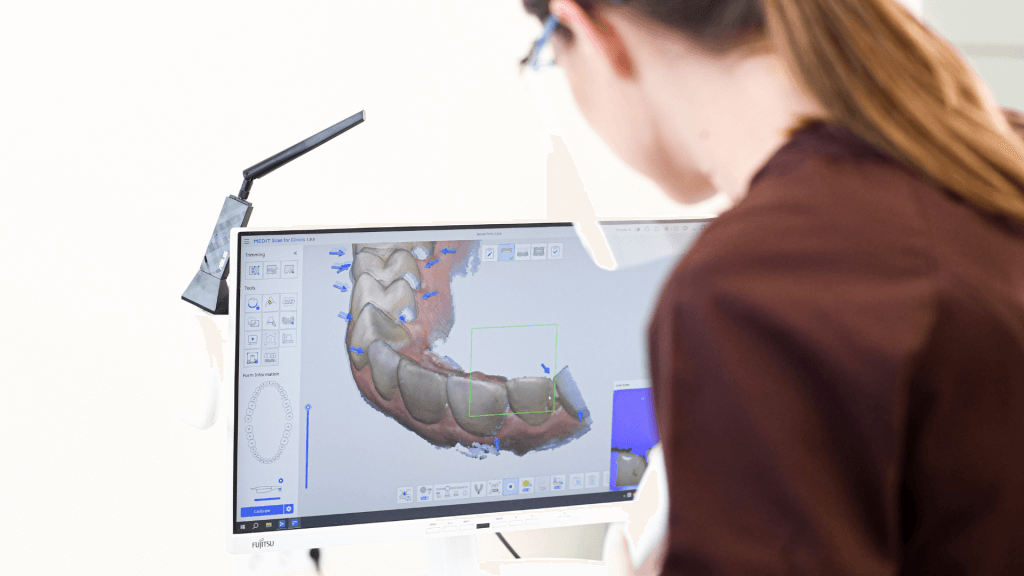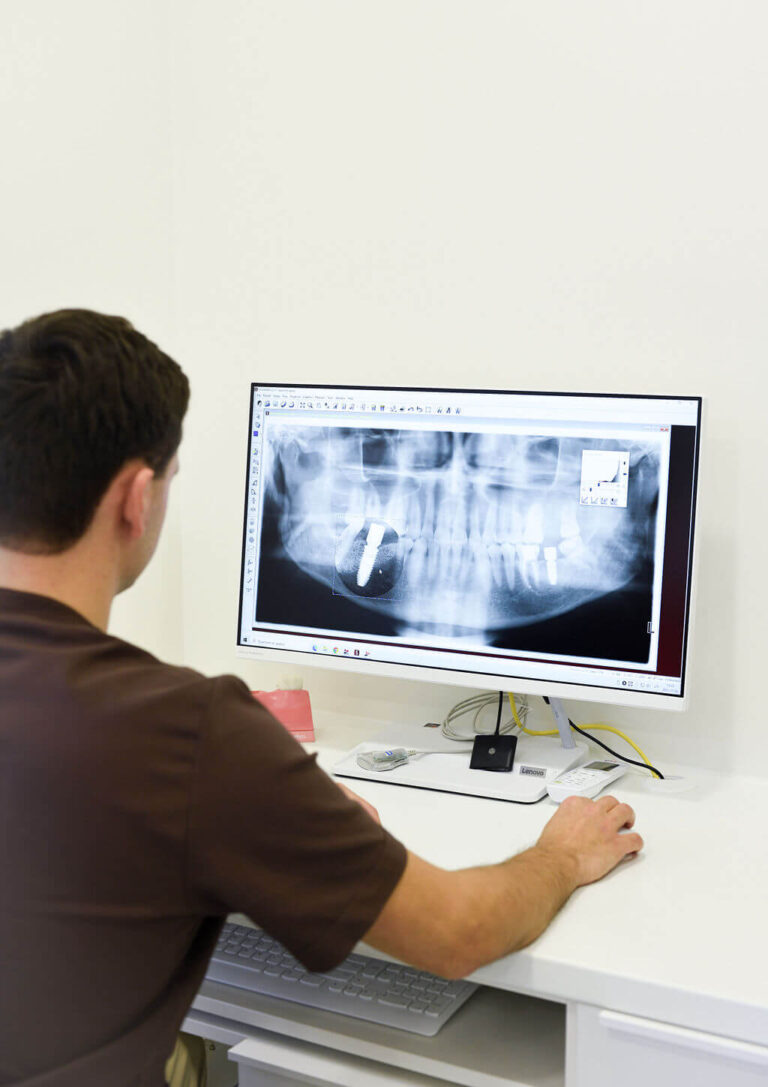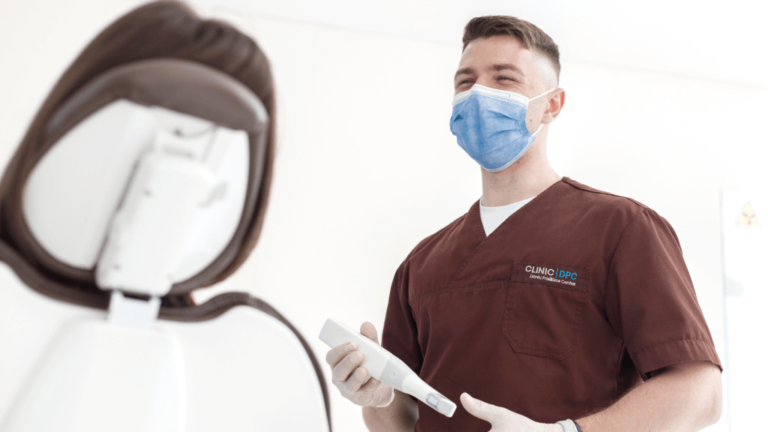Unpleasant symptoms – pain, bleeding gums – often lead to delays in seeking help. The main reason for this is fear and anxiety about the painful and unpleasant treatment ahead. CLINIC | DPC periodontist Laura Zablockiene explained how to recognize the symptoms of periodontitis, one of the most common dental diseases, and revealed the facts why it is not necessary to fear the treatment process.
One of the first symptoms is bleeding gums
Periodontitis, also known as periodontitis, is a chronic or long-term inflammatory disease of the gums that affects the soft tissues and the bone that holds the teeth in place. If left untreated, the alveolar bone around the teeth gradually disappears. However, even when the disease has started or has progressed, good oral hygiene practices can help prevent progression or successfully control the disease.
According to periodontist Laura Zablockienė, some of the first symptoms of periodontitis are red, swollen gums, bad breath and bleeding, which can occur when brushing or chewing hard food. “It is very important to note that despite these symptoms, the disease progresses and then, as bone loss occurs, the teeth are damaged – gaps appear, they become crooked, pain is felt and it is difficult to chew food. This, of course, causes both emotional and physical discomfort and complications,” says L. Zablockienė, a periodontist at the largest network of dental clinics in Lithuania.
The biggest contributors to periodontitis are poor oral hygiene, but smoking, stress, genetic predisposition, diabetes, cardiovascular disease, and medications also play a role. It is also observed that periodontitis is more common in people over 45 years of age, but age is not the only indication for the progression of the disease. Dietary habits, stress and other factors make the disease more common in younger people.
It’s the complications, not the treatment, that are to be feared
Rarely is there any concern about the complications that can arise from untreated periodontal disease. Like any other chronic disease, periodontal disease lowers the body’s resistance and creates a favorable environment for cancer cells to multiply and for other diseases such as diabetes or even Alzheimer’s disease to develop. One of the biggest mistakes, according to periodontist L. Zablockienė, is ignoring bleeding, as well as irregular visits to the oral hygienist and dentist. “Often people delay going to the dentist because of fear of pain, but I want to reassure you that this fear is unfounded. Periodontitis symptoms are unpleasant and painful, and treatment helps to resolve the discomfort and make you feel well again. During the treatment (in stages), the patient is prepared and local anesthesia is applied. The earlier the treatment starts, the shorter and more effective it is. By combining personal and professional hygiene, and by having the teeth cleaned and prosthetized, periodontitis can be completely cured,” said L. Zablockienė.
Conservative treatment involves professional oral hygiene by an oral hygienist, cleaning the plaque and calculus under the gums. It is very important to follow an oral hygiene routine after treatment – use a soft toothbrush, inter-dental cleaner – floss or inter-dental brushes, mouth irrigator, special rinsing liquid. It is important to note that electric toothbrushes should not be used for 2 weeks after treatment.
Even after successful treatment, the disease can recur if quality supportive care is not provided. It is particularly important for people with a genetic predisposition and co-morbidities to monitor the disease closely. “Curing and controlling this disease requires personal effort and cooperation with your doctor. But it is well worth the effort to get periodontitis under control and to avoid painful complications that affect the quality of life. And if you are still worried about the treatment or fear of pain, you can always consult your doctor, who will not only reassure you but also help you to forget your unjustified fears once you have made a plan,” said periodontist L. Zablockienė.







